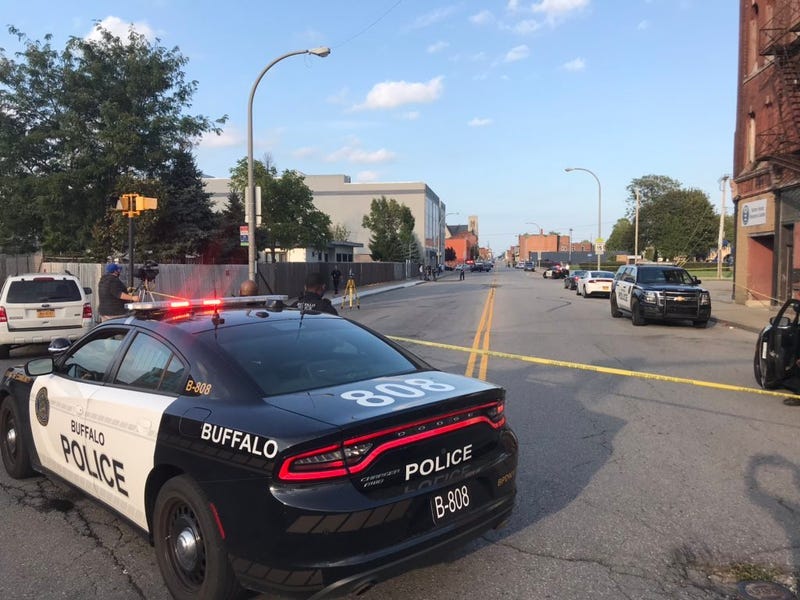
Buffalo, NY (WBEN) - The announcement of a new Behavioral Health Team within the Buffalo Police Department is being met with positive reviews, but also word of caution that this is only a step in the direction of addressing a greater problem.
Buffalo Mayor Byron Brown on Monday announced the formation of the team, which will officially start next month. The team will consist of officers who complete a 32-hour course in crisis intervention who will respond to calls involving a mental or behavioral health crisis.
"I think that this is a good start, but we will have to do more," said Kelly Dumas from Best Self Behavioral Health. "I think the Mayor and Buffalo Police Department are looking to get a plan in place because we have a mental health crisis, and we need a multi-pronged approach."
The announcement of the team came just days after Willie Henley was shot by Buffalo Police after striking an officer with a baseball bat. Henley was charged with assault in the incident. Family members say he was having a mental health crisis.
Erie County District Attorney John Flynn said it was clear to him that Henley had no justification for swinging the baseball bat.
"I'm all for that," Flynn said about having mental health specialists intervening in certain situations. "Let me be clear though, that can't be a substitute for law enforcement. It has to be in addition. You send a social worker to the scene on Saturday without any police officers with them... and this man potentially bashes the head in of a social worker... what are you going to do then?"
"You have to have police respond to individuals who are carrying baseball bats walking down the middle of the street disrupting public safety."
Those in the mental health field agree to an extent.
"When we know we have potentially someone who is suffering from a mental health crisis, you have the professionals in the forefront who are able to try to de-escalate by utilizing their skills and training to talk the person down," Dumas said. "It's no different than if you think of someone who is suicidal or homicidal with a gun. You do need law enforcement standing back, but sometimes the presence of law enforcement can escalate a situation."
The City of Buffalo's new initiative looks to combine aspects of the two professions, giving officers some of the tools mental health professionals use. Dumas believes it's a good start.
"We have come together to address crisis like this in the past," said Dumas. "It's going to require all hands on deck. This isn't just a one-sector issue, it's an entire country issue. We have to all come together."

